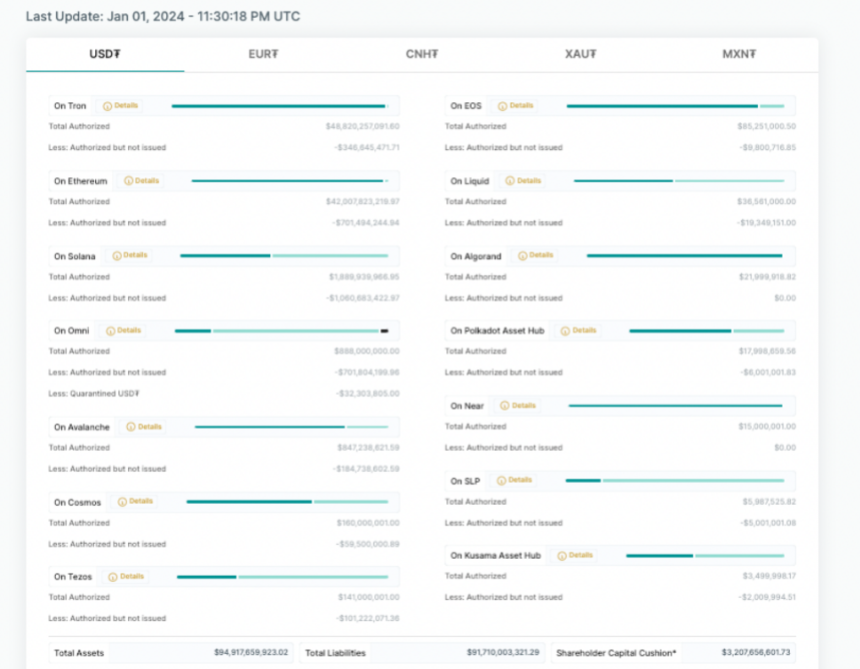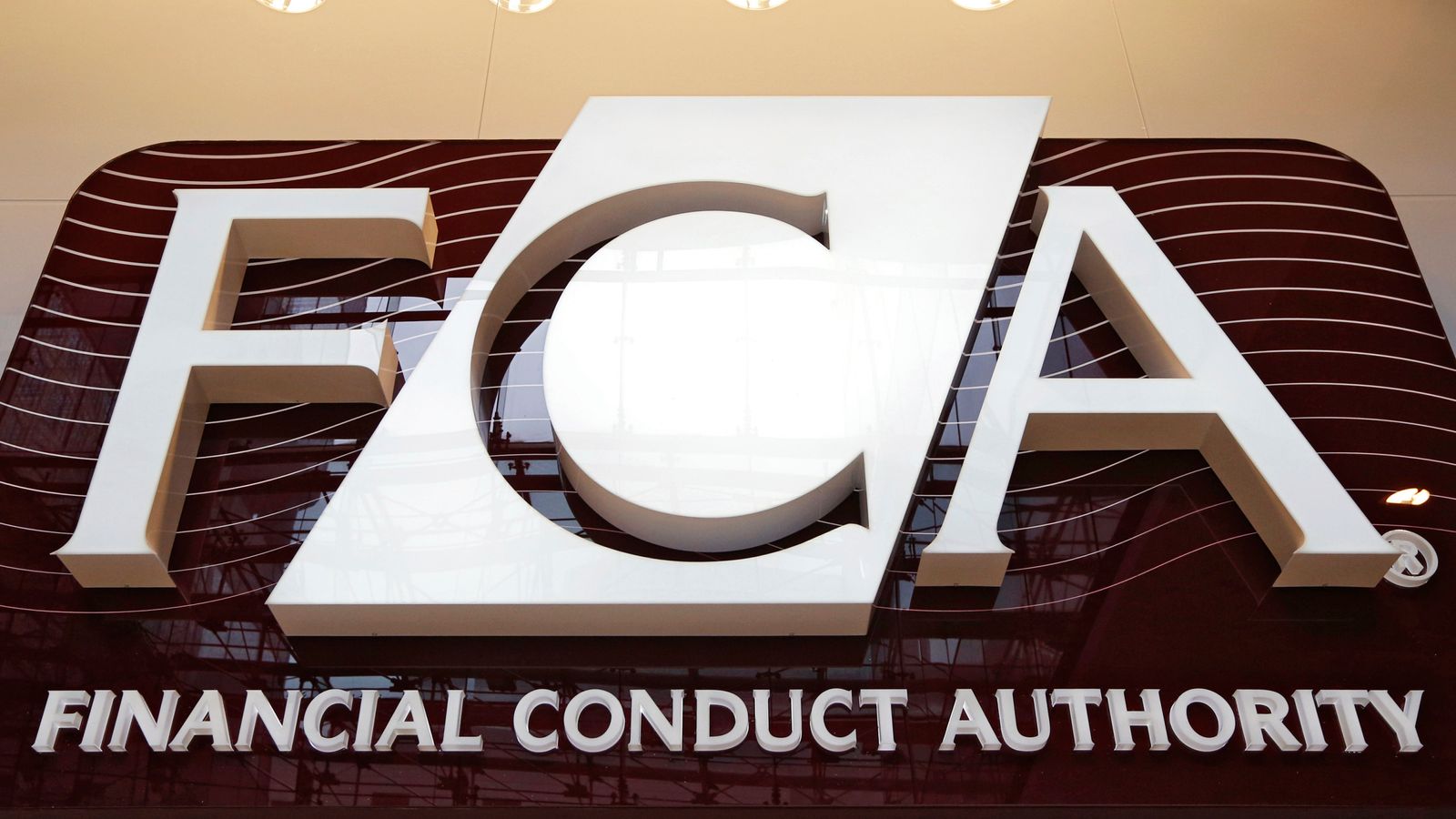Tether, the issuer of the ubiquitous USDT stablecoin, cemented its dominance in 2023, ballooning its market share to a staggering 71%. This explosive growth, however, comes with a chilling undercurrent: a United Nations report linking USDT to a surge in cybercrime and money laundering in Southeast Asia.
Glassnode data paints a stark picture of Tether’s ascent. Its market capitalization reached a record $95 billion in January 2024, fueled by a 40% increase in USDT supply over the past year. Meanwhile, competitors like Circle’s USDC saw their market share shrink, with USDT now commanding over 7 times the circulation of its nearest rival.
Tether Market Dominance Soars
Paolo Ardoino, Tether’s new CEO, has prioritized cooperation with U.S. law enforcement. The company boasts of freezing wallets linked to sanctions lists and recovering over $435 million in illicit funds.
However, the UN report casts a shadow on these efforts, detailing how USDT facilitates “sextortion,” “pig butchering” scams, and underground banking across Asia.
While Tether has proactively banned over 1,260 addresses linked to criminal activity, the sheer volume of illicit transactions raises concerns about the effectiveness of these measures.
Critics point to Tether’s opaque reserve backing as a breeding ground for misuse, calling for greater transparency to combat money laundering.
Tether’s Reign At Risk: Regulatory Challenges
The stablecoin market, once touted as a bridge between traditional finance and the crypto world, now faces a reckoning. Tether’s dominance is undeniable, but its association with criminal activity threatens to erode trust and trigger stricter regulations.

Meanwhile, Circle’s recent IPO filing hints at a potential shift in the landscape. With regulatory scrutiny intensifying, Tether’s future hinges on its ability to address concerns about transparency and combat illicit activity.
Can it clean up its act and maintain its crown, or will the tide turn towards its more transparent rivals? Only time will tell if Tether’s reign as the king of stablecoins will weather the storm of controversy.
With its historic 71% market share, Tether’s reign over the stablecoin realm is undeniable. Yet, the shadow of illicit activity threatens to eclipse its success.
As regulators sharpen their focus and competitors like Circle step into the ring, the question looms: will Tether clean house and retain its crown, or will this be the tipping point for a stablecoin revolution, reshaping the future of crypto itself?
Only time will tell if Tether’s dominance signals a bright new era for digital currencies or serves as a cautionary tale, paving the way for a more transparent and accountable crypto landscape. The gloves are off, and the fight for the future of stablecoins is just beginning.
Featured image from Shutterstock








